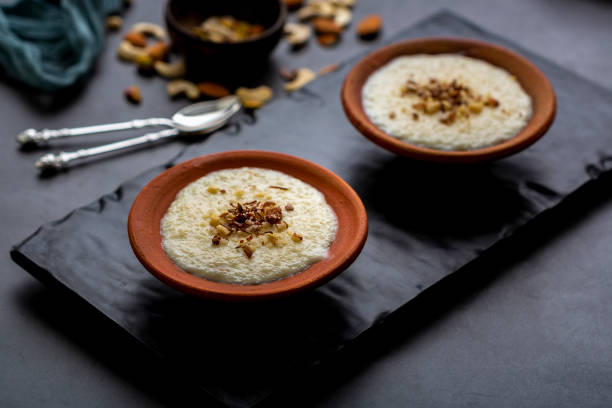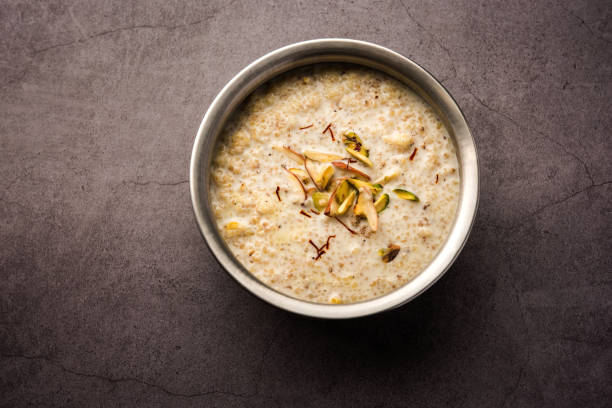Daliya, also known as broken wheat or cracked wheat, is a staple food in many parts of the world, particularly in India, Pakistan, and the Middle East. It is made by grinding whole wheat berries into small, coarse pieces, and has a nutty flavor and chewy texture.
One of the key nutritional benefits of daliya is its high fiber content. A 100 gram serving of daliya provides around 7 grams of dietary fiber, which is roughly 25% of the recommended daily intake. This high fiber content makes daliya an excellent food for promoting regular bowel movements, preventing constipation, and maintaining a healthy gut.
In addition to fiber, daliya is also a good source of complex carbohydrates. These are the types of carbohydrates that are slowly digested by the body, providing a steady release of energy over a longer period of time. This makes daliya an ideal food for people who need sustained energy throughout the day, such as athletes or manual laborers.
Daliya is also a good source of various essential minerals such as iron, magnesium, zinc, and selenium. Iron is important for the production of hemoglobin, the protein in red blood cells that carries oxygen around the body. Magnesium is needed for healthy bones and teeth, and is also involved in over 300 enzymatic reactions in the body. Zinc is important for a healthy immune system, and selenium is an antioxidant that helps protect the body against free radicals.
In terms of vitamins, daliya is a good source of vitamin B6 and folate. Vitamin B6 is important for the metabolism of protein and red blood cells, and folate is important for the production of red blood cells and the proper development of the nervous system.
While daliya is a nutritious food, it is important to note that it is not a complete protein source. Whole wheat, from which daliya is made, contains all the essential amino acids but in very small amounts, thus it is important to consume daliya with other protein sources to complete the essential amino acids.
When it comes to weight loss, daliya may be a good option as it is low in calories and high in fiber, which can help to keep you feeling full and satisfied for longer periods of time. Additionally, daliya is also a gluten-free option for those who are gluten intolerant or have celiac disease.
In conclusion, daliya is a nutritious and healthy food that is high in fiber, complex carbohydrates, and essential minerals and vitamins. It is a great option for people looking to increase their intake of whole grains, and may be particularly beneficial for those who need sustained energy throughout the day, those who are looking to lose weight, and those with gluten intolerance. However, it is important to note that daliya is not a complete protein source and should be consumed with other protein sources to complete the essential amino acids.

 Home
Home Health
Health Diet & Nutrition
Diet & Nutrition Living Well
Living Well More
More












